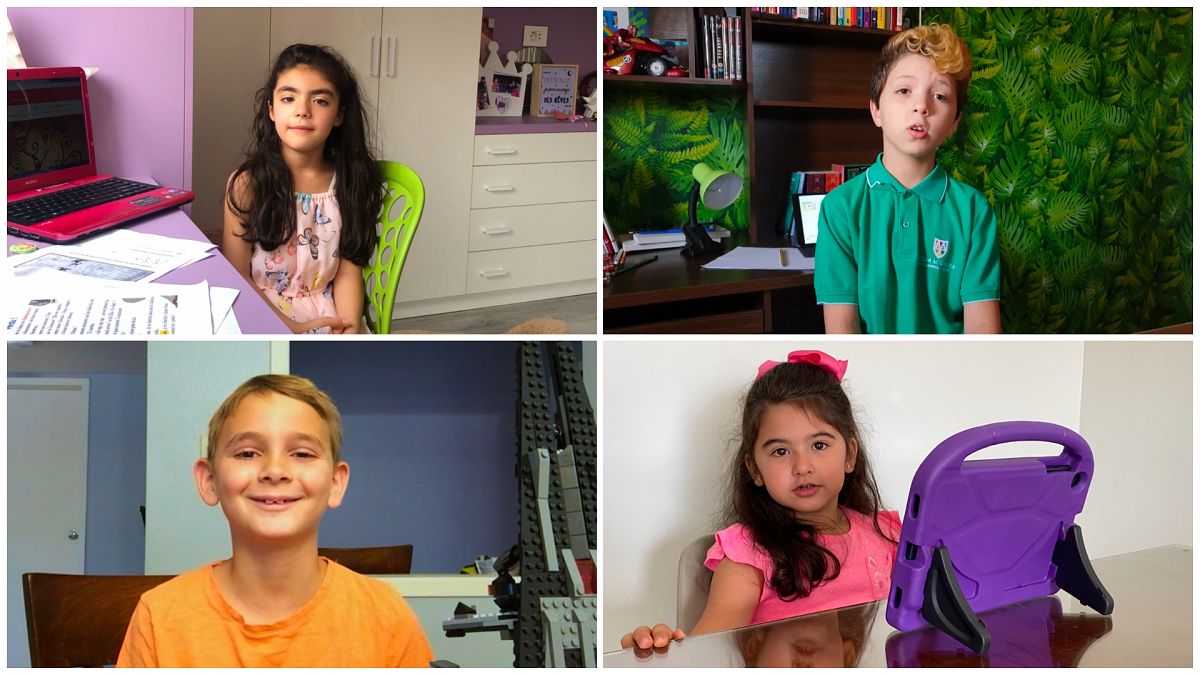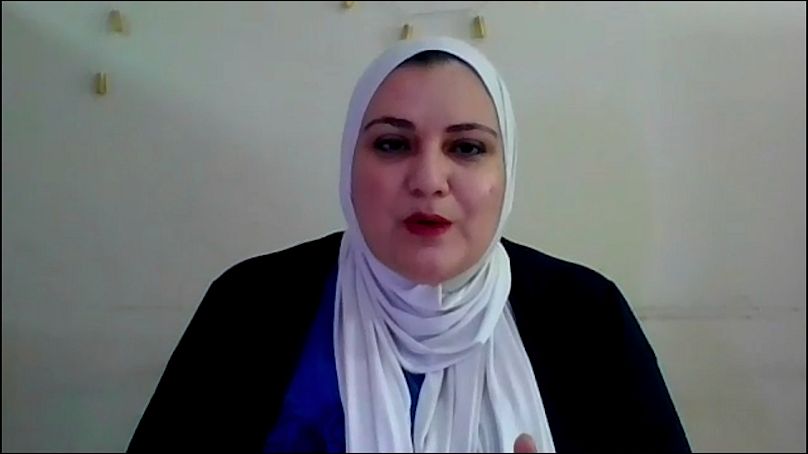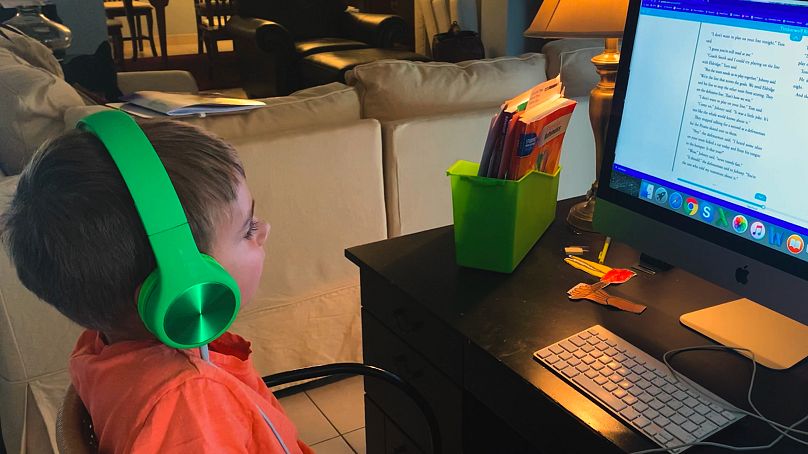According to the World Bank, more than 103 million students in the Middle East and North Africa region have been unable to attend school since the COVID-19 pandemic began.
According to the World Bank, more than 103 million students in the Middle East and North Africa region have been unable to attend school since the COVID-19 pandemic began.
The report states that earlier pandemic outbreaks, such as the Ebola crisis, showed that school closures can lead to “learning losses”, which disproportionately impacted vulnerable populations.
The World Bank also highlights the importance of using distance learning tools for nurturing human capital & maximizing long-term employment opportunities for students.
Jordan’s Ministry of Education, was one of the first in the region to close all institutions. The government faculty developed an online portal and two dedicated TV channels, offering online lectures in core curriculum subjects.
At the country’s Zaatari refugee camp, co-administered by the United Nations High Commissioner for Refugees (UNHCR), students quickly adapted.
“Nothing changed, except that we used to take lessons from a teacher, and now we’re taking lessons from a teacher online, on television,” says 18-year-old Salim, a student preparing for his final high school examinations.
Regional & remote
Many schools in countries like Iraq and Libya have been forced to terminate the school year early, due to a lack of e-learning technological infrastructure.
That’s not been the case, however, in Kuwait, where 11-year-old Fatema Aboukhamseen has felt empowered by remote learning.
“My bullies, they can’t really bother me,” says the 6th grade student. “If they try to email me stuff that would annoy me, I have all the power in the world to block their messages.”
Online enthusiasm
In the UAE, what future learning environments will look like is still a topic of debate amongst officials, with the potential of a hybrid virtual and physical classroom system.
UAE-based iCademy Middle East, was founded about 13 years ago, and is one of the few accredited majority online schools in the region.
It caters to more than 600 students yearly and, since the COVID-19 pandemic, the school has seen a rush of parental interest.
Mira joined iCademy last year, turning her back on in-school bullying.
The flexible modules and coursework, with teacher supervision, allow for greater independence and life skill building, she says.
“You have to be confident, you have to work on your own. You have to make yourself learn,” explains the 15-year-old.
Mira’s mother, a former teacher with an IT background, says her children are becoming better prepared for the real world with virtual learning.
“I felt like my kids are not doing education,” says Ola Hijjawi, “It’s as if they are going to their own jobs. They’re writing their own emails, they’re doing their own plans.”
Virtually divided
While e-learning has advantages for some, distance learning is not clicking with everyone.
Nine-year old Ramzi Lamont from Saudi Arabia, says that his eyes are strained from looking at screens all day.
The student council member misses public speaking and overall human interaction.
“I really miss being able to play with all my friends,” says Lamont, “At home, you’re lonely. I just have my Lego sets.”
Ramzi’s mother, a former teacher, agrees. She considers socialization an important life lesson and worries that the isolation of distance learning will have long-term consequences.
“Kids need to engage with other kids,” she told Euronews. “They need to know how to problem solve on real time issues.”
AS SEEN ON SOCIAL MEDIA: MULTIPLICATION MASTER
English Sam’s perfect sums earned him a brand new pair of cricketing gloves.


